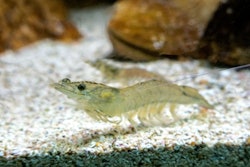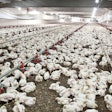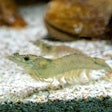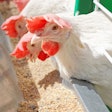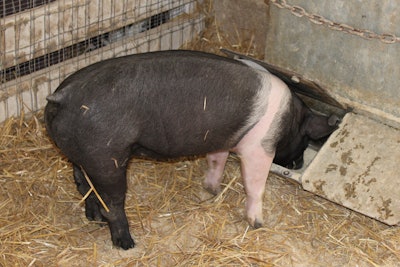
Farmers in Timor-Leste (also known as East Timor) face several particular challenges. Among these is a shortage of standard feed ingredients. Corn, soybean meal and fish meal, for example, are generally unavailable or too costly for inclusion in animal feeds.
However, farmers and veterinarians in the Southeast Asian island state will soon be able to use a simple feed formulation tool to overcome some of these difficulties, reports Poultry Hub Australia (PHA).
Originally developed for chickens, the One Page Feed Formulation (OPFF) tool has now been revised to meet the needs and conditions for pigs in Timor-Leste.
Previously, these animals were allowed to roam freely. However, this extensive farming system was inefficient, and an outbreak of African swine fever in 2019 reduced the nation’s swine population by up to one-third.
Furthermore, when production could resume, there was limited knowledge of pig nutrition locally. Sometimes deficient in protein, calcium and phosphorus, these diets reduced growth rates and led to lameness.
Now, the developer of the poultry OPFF Professor Gene Pesti, has adapted the tool in collaboration with PHA to help Timor-Leste’s farmers formulate balanced diets for pigs using local raw materials. Among the feed ingredients available locally and cost effectively are golden snails, forage leaves, food waste, leucaena, and root vegetables such as sweet potato and cassava.
Also professor emeritus in poultry science at the College of Agricultural and Environmental Sciences at the University of Georgia in the U.S., Pesti is in a long collaboration with the PHA, seeking interdisciplinary solutions to complex agricultural issues. He dedicates six months each year sharing his 50 years of experience in poultry science with the PHA network.
The PHA is a nonprofit organization located at the University of New England in Armidale, New South Wales, Australia.
Available on its website are tools and calculators to support farmers and researchers across the world.
Recent livestock farming developments in Timor-Leste
In October 2022, the national veterinary authority declared that the African swine fever situation had been “resolved.” Starting in September 2019 and over two disease waves, mortalities from the infection were estimated at between 70,000 and 150,000 out of a total pig population of 400,000.
Last year, a poultry company announced it was investing US$100 million to develop the nation’s poultry industry.
Keshavarz Shalom Farm had plans to expand its poultry breeding and hatching facilities to reduce reliance on imported frozen chicken to meet local meat demand, reported local news agency Tatoli. Its target was to distribute 100-500 chicks to small poultry farmers in the municipalities.
At the time, it was producing 8,400 chicks and 2,000 ducklings per month from its production site near the capital city, Dili. Operating three other sites, the company also sold chickens to supermarkets in the city.



